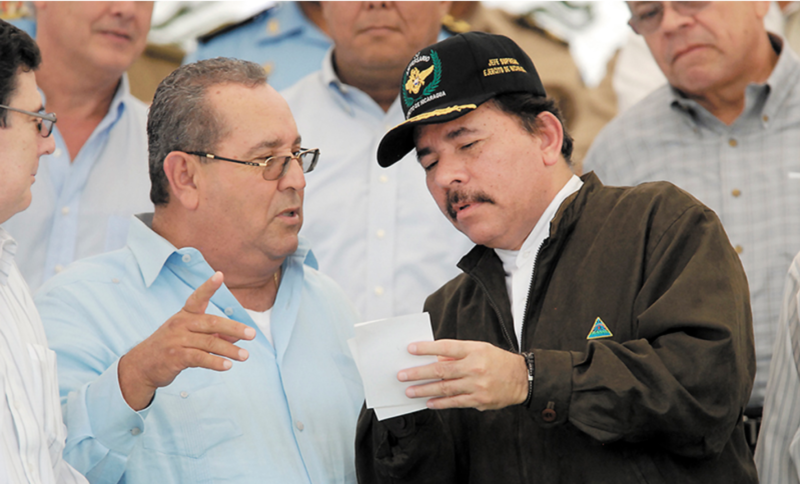Can Spain Solve the Cuba Problem?
By all accounts, Spain wants to bring change to the European Union’s Cuba policy. In so doing, it is tackling a foreign policy challenge that often sheds more heat than light.
This post is also available in: Español
Nicaragua's political crisis is torn between violence and anger of defensive misrule, and division within the opposition. It is a political battle full of contempt, criticism, and even manipulating reality. These actions are not atypical of Nicaragua, and they represent a very deep belief of our political culture: the government can only be administered by the perfect politician and each of us judges with moral superiority who is or is not worthy to be considered perfect.
The result tends to be the elimination of each and every one of the aspiring leaders. The result is a 'painful tie'; nobody wins, because we all think we're right in the sense that none of [those aspiring to lead] is good. [...] So, each tries to 'buy' their recognition, right or 'perfection' with transactions or favors to win the prize, being endorsed by 'notables'. These notables include, for example, the Catholic Church, which is highly valued by the politician due to their being closer to heaven, big businessmen, the embassies of the most influential governments in Nicaragua, and the moral authority of the "tranqueros" of April 2018.
The paradox is that the average person acts as judge and jury: they want perfection but will allow for transactions, and, therefore, distrust everyone because they know the 'secret' behind the arrangement of power. As such, in the end we're all complicit. That is the demon of Nicaraguan politics: everyone knows that there is an arrangement behind every politician and that behind every arrangement there is a 'murky' or vague story because those who sought favors secretly hid that they were making deals! But it's an open secret!
In large part that is why the caudillo figure, similar to a political boss, emerges as a defining factor within politics. It embodies what can be perfected as a result of the legitimacy the person earns through force; the macho symbol of a strong man, the risk-taker and the friend of the crowd. The warlord buys his favors from the elite in exchange for their loyalty, and he buys it from the people in exchange for perks. But it is all a transaction. For a long time, Daniel Ortega has been able to manipulate and use these political demons to his advantage, creating his circle of 'favorites' and sharing his secrets in exchange for silence, support and votes.
(1) Rule out political perfection and introduce a just method that requires a distribution of political power.
(2) Instead of glorifying mistrust we must abolish it. The act of putting what one distrusts about another person to the side leaves us with that person's human value. This leads to the ability to build bridges between equals, although each may have different weights.
(3) Political risk has to be measured with more certainty but without fear: What is the political cost of putting political parties in place, knowing that you can lose a space in the 'box', and risk being left without a party?
(4) We have to bet on the future. It's a source of trust. The Nicaraguan electorate wants and asks for alternatives, solutions, future prospects, and delivery. The future is an environment we don't know, but it offers more opportunities than the present and the dictatorial past.
(5) Negotiation and political agreements must be unleashed. We live in an age of complex cooperation, which requires achieving agendas, agreements and perspectives about how to adapt in a global era with diverse actors who have complex interests. [...]
By all accounts, Spain wants to bring change to the European Union’s Cuba policy. In so doing, it is tackling a foreign policy challenge that often sheds more heat than light.
When Haiti was struck by a devastating earthquake, the administration of U.S. President Barack Obama quickly absorbed the depth of the tragedy and necessity of a robust U.S. response. Unless the U.S. adopts a proactive role, Haiti’s fragmented political landscape threatens to deteriorate into a political vacuum that will compound the current crisis.
Politics is swirling everywhere. Such are the ways of democracies, especially when oppositions come alive and defeat or threaten incumbents.
 La Prensa / Confidencial
La Prensa / Confidencial